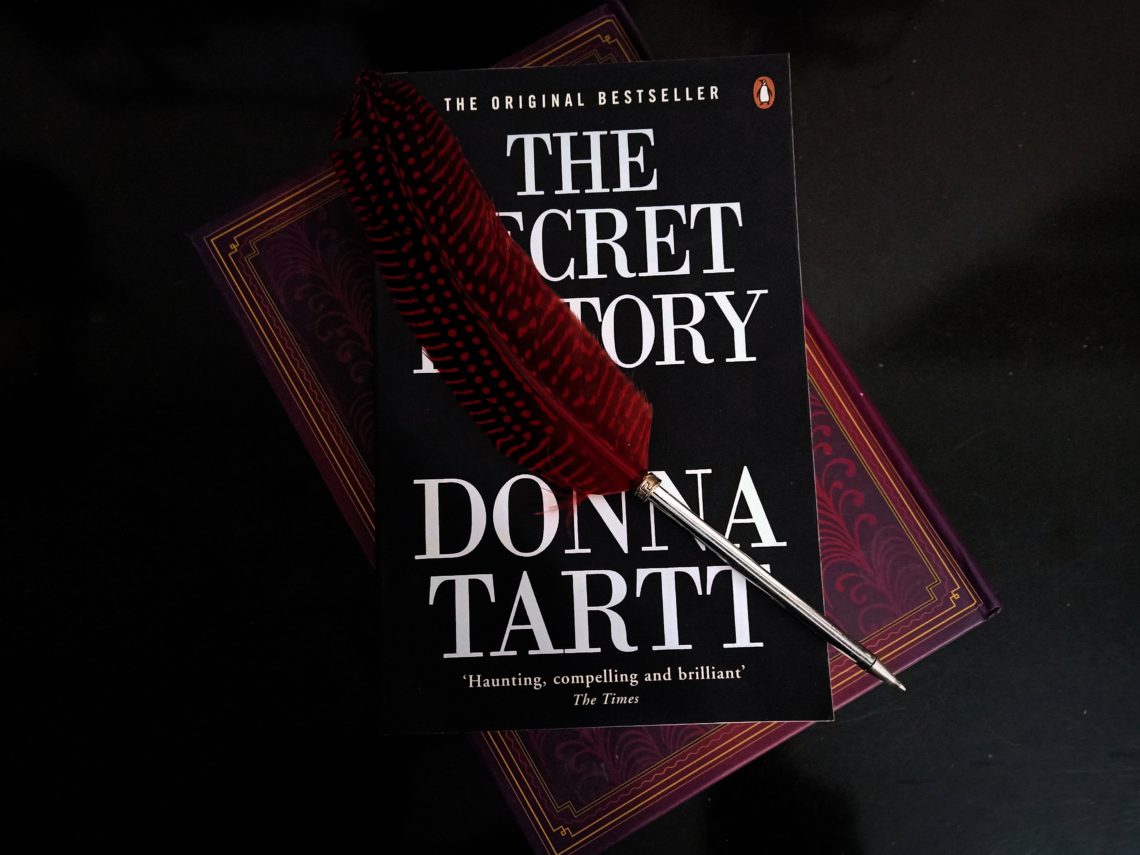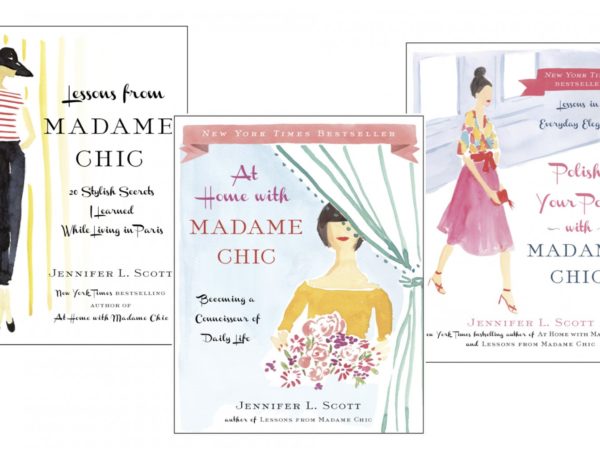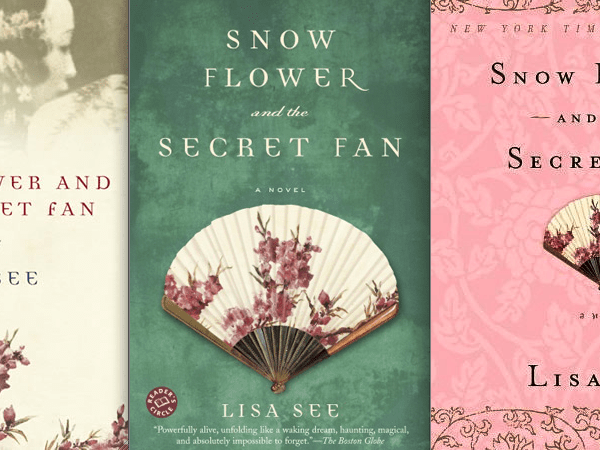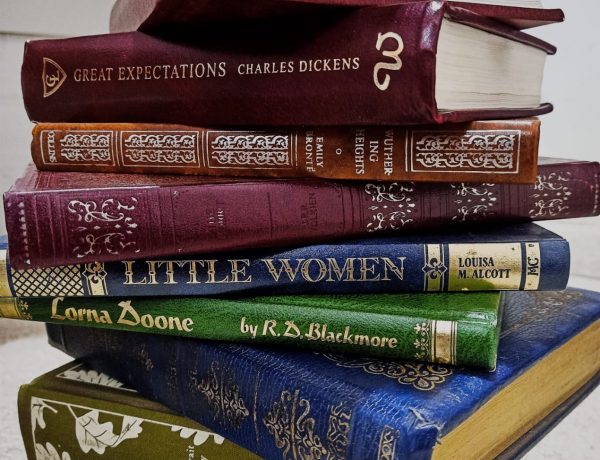My Dearest Readers!
I admit, when I read “The Secret History” by Donna Tartt for the first time, I did not see the draw of the book. I came across the title while working on my Masters thesis in English Literature which, I had found, was a rather Herculean task. Like many of my fellow students, I had fallen into a habit of ignoring my assigned readings in favour of exploring any other topic which caught my fancy. And it was during one of these googling sessions that I discovered the Dark Academia aesthetic, and with it, the universally agreed upon core text for the fans of aforementioned aesthetic: Donna Tartt’s “The Secret History”.
I picked up the book out of curiosity. And I have to admit that the first time I read it I was not impressed. The book did not seem to fit with the beautiful and aesthetically pleasing images I had seen associated with Dark Academia online. Dark Academia had seemed to me to be associated with ancient texts, candles, feverishly annotated books, endless cups of tea of coffee and scholars staying up half the night to explore fascinatingly niche topics. As a Masters student, this was an image I related with all too well. However, the characters in Tartt’s text seemed to spend their time drowning in drugs and other non-academic activities rather than drowning themselves in an obsessive pursuit of knowledge. As a harrowed scholar, it simply did not feel realistic considering the characters in question are meant to be elite students.
However, once I got over my disappointment over not getting what I expected from the novel, the text slowly grew on me. The novel itself follows a group of Classics students in a college in Vermont who are lead by their rather elitist professor, Jullian Morrow, who leads them to believe that their line of study is superior to everyone else’s. However, Donna Tartt’s “The Secret History” is not simply a campus novel, but it is a story of obsession on multiple levels. The novel focuses on the major characters’ obsession with the Classics, with their professor and ultimately with one another; the most obvious of these being protagonist Richard Papen’s obsession with his elitist classmates and his “longing for the picturesque at all costs”, an obsession which his fellow students seem to share and which eventually culminates in the murder of one of their own.
The novel begins in the style of The Great Gatsby, with the protagonist, Richard Papen, playing a version of Fitzgerald’s Nick Caraway, that is, the role of an outsider looking into a group of elite students. The book itself begins with murder. The readers are informed at the very beginning that one of Richard’s friends, Bunny, is dead, and that he was killed by his own friends. The rest of the novel outlines the events leading up to the murder and the aftermath of the deed.
The atmosphere of the novel is what adds to much of it’s appeal. Richard’s obsession with “the picturesque” makes him a rather unreliable narrator with a penchant for romanticising the academic setting including the more juvenile actions of his fellow students. Furthermore, Richard’s position as a outsider within his friend group makes for some rather jarring differences between his life with his friends in Julian Morrow’s classroom and his life outside of it with the other students of the college. It seems almost as if he leads a double life; one that is touched by the mystery of ancient Greece and Rome and one which is rather mundane. However, as a student of English Literature, I did enjoy the way the novel romanticised the study of the Classics. Furthermore, remembering my own initial obsession with the Classics when I studied Greek drama for the first time in 2013, I did not find the character’s interest in the Classics too farfetched, though Tartt’s characters take their obsession a bit too far.
Overall, I found the novel interesting, particularly how Tartt describes of the unravelling of the character’s mental states after they have murdered Bunny. I can also see why the fans of the Dark Academia aesthetic look to this novel as a major inspiration for their aesthetic since the the novel romanticises the notion of studying and the process of acquiring knowledge. So yes, while I find some elements of the novel slightly jarring, particularly the contrast between the romantic, and perhaps escapist, world that Jullian Morrow’s students’ seem to inhabit and the one that the rest of the students live in, I would recommend this novel for an interesting and atmospheric read.
Happy Reading!
Yours!






No Comments